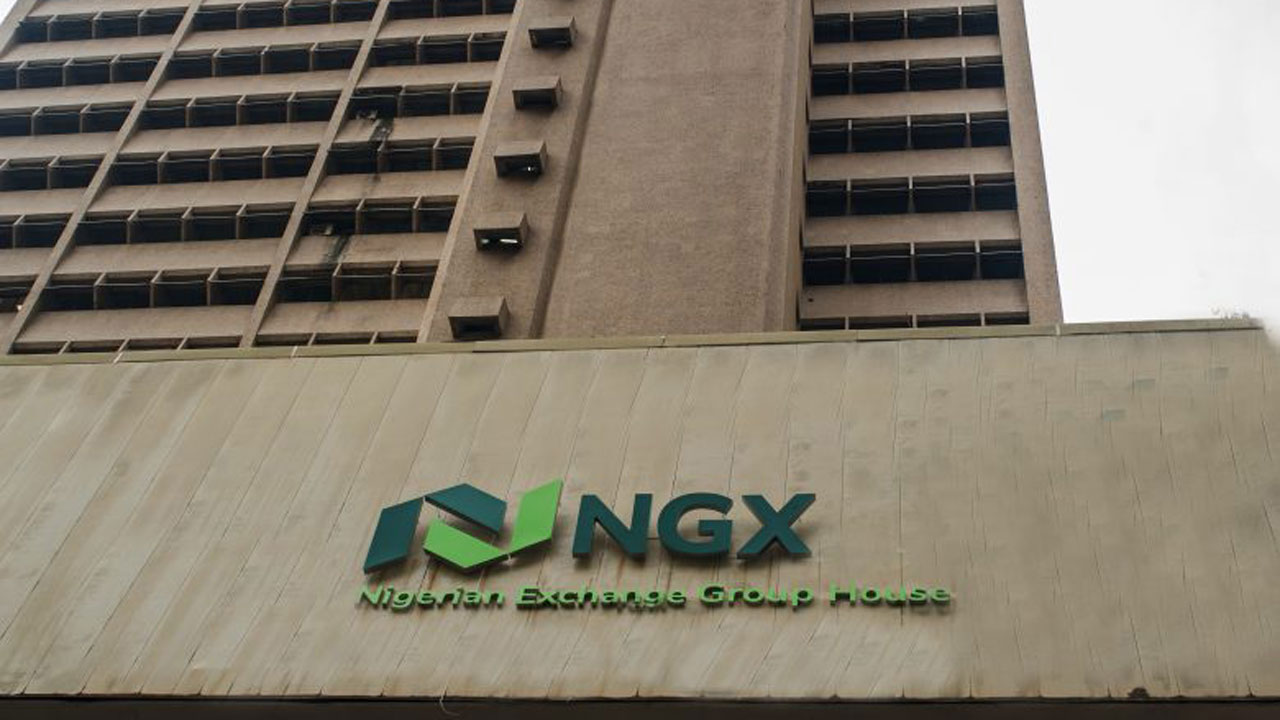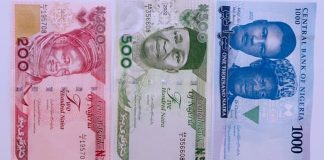The Association of Bureaux De Change Operators of Nigeria (ABCON) has appealed to the Central Bank of Nigeria (CBN) to integrate its members into the Investors’ and Exporters’ (I & E) foreign exchange (forex) window.
ABCON stated this in its quarterly economic review for Q1 2018 that was obtained recently.
“They developed a model of foreign exchange markets and present the efficiency costs imposed by quasi-fiscal operation under the current exchange rate regime.
“The results of the model-based analyses indicate that the equilibrium exchange rate under the unified market could increases trade openness to more than 20 percent from less than 1 percent measured by official statistics.
“The total efficiency loss caused by the current multiple exchange rate regime, is estimated at about 14–17 percent of the country’s GDP,” it explained.
The report stated that ABCON was also concerned about the likely effects of the forthcoming 2019 elections and the receding campaign process on the economy.
The Acting President of ABCON, Alhaji Aminu Gwadabe warned of a possible capital flight ahead of the election.
The development, which would be another round of economic shock, according to him, might see foreign investors who had invested billions of dollars in the equities market exiting.
He said the negative implication of the exit of portfolio investors from the local bourse therefore, was a major concern on the local currency’s continued stability.
“Operators are advised to adhere to all compliance guidelines for transparency operations. Users of foreign exchange should desist from patronising parallel market to avoid the risk of loss of their funds,” it added.
Furthermore, the report showed that aggregate foreign exchange inflow through the CBN increased by 73 per cent between February and March over the levels in the preceding quarter and the corresponding period of 2016. On the other hand, the aggregated outflow through the CBN increased by 15.69 per cent between February and March.
The 2018 National budget is still awaiting the passage by the legislature. President Muhammadu Buhari had laid before the legislature, the proposed 2018 budget for Nigeria since November 2017 with the objective to resort back to the January to December fiscal time frame in order to end the cycle of carrying over projects into another fiscal period.












